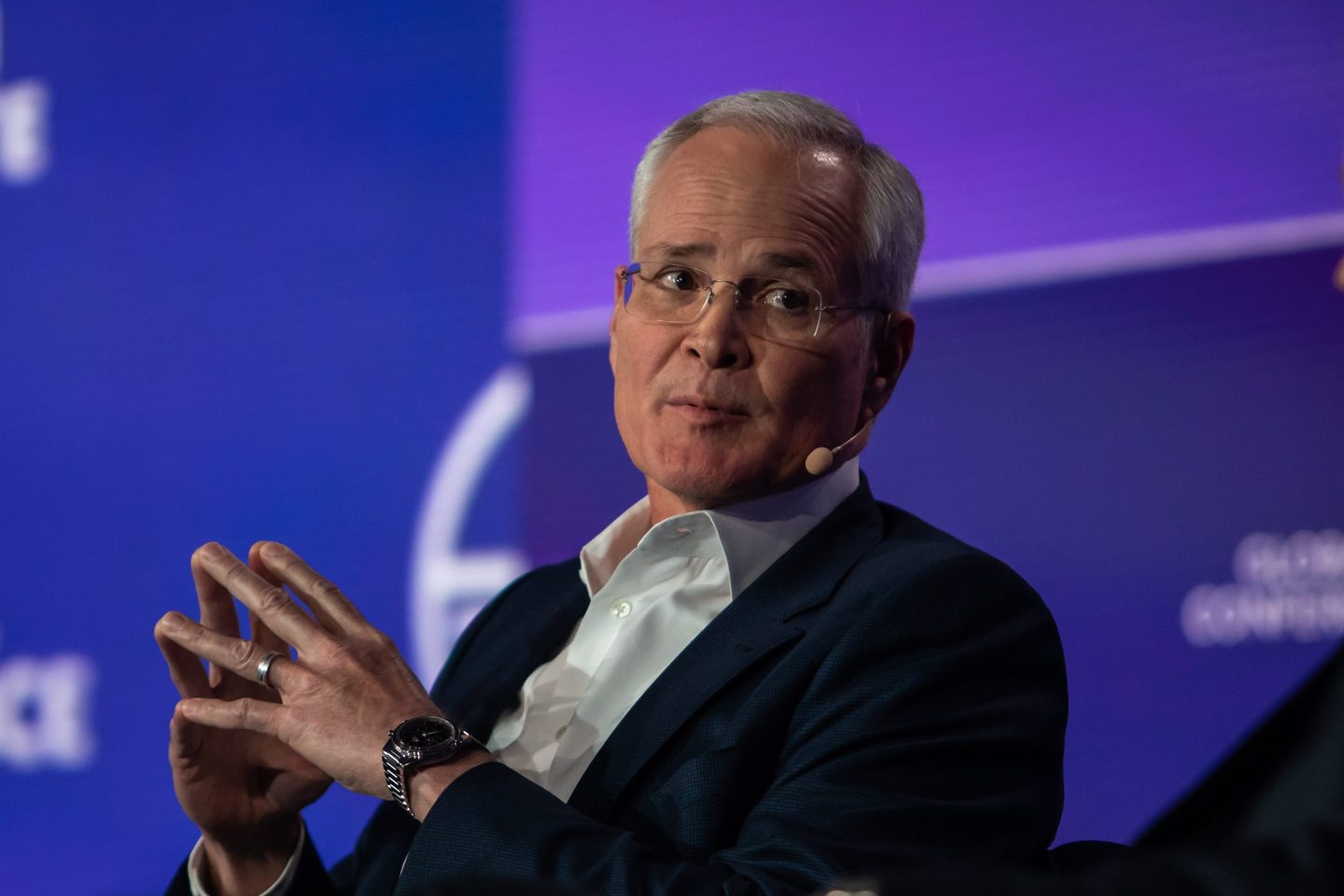Hunger, sadly, is as American as apple pie: a crisis we seem to revisit each budget cycle but never resolve.
With the record-breaking federal government shutdown finally over and access to the Supplemental Nutrition Assistance Program (SNAP) no longer entering the Supreme Court’s domain, millions of Americans have been once again caught in the crossfire of political brinkmanship. The country’s food safety net — already in tatters — has been grievously abused.
Hunger, meanwhile, has no party affiliation.
As Republican Senator Josh Hawley points out in The New York Times, this isn’t a fringe issue. Hunger affects every corner of American life. Nearly 90% of U.S. adults report grocery prices as a source of household stress, and roughly one in seven Americans experience food insecurity each year (a figure likely vastly underreported).
That’s 47 million Americans. And heading into the 2026 midterms, with the Household Food Security Report on indefinite pause, the true number will be unknown. When a nation stops measuring a problem, it signals either indifference or unwillingness to confront it.
Solving hunger in America offers a rare opportunity for lawmakers to achieve victory over a decades-long battle – one that’s both morally right and economically sound (not to mention cementing public favor, and future elections). Failing to act is not only a policy failure, but a betrayal of the founding compact to respect and govern the people of this nation.
Jefferson’s vision
Thomas Jefferson, who envisioned an agrarian democracy as the foundation of American prosperity, famously wrote to George Washington, “Agriculture is our wisest pursuit, because it will in the end contribute most to real wealth, good morals, and happiness.” He saw prosperity, virtue, and happiness as inseparable. Yet today, while America has mastered agricultural production and become one of the world’s largest food exporters, we’ve failed to ensure that our own citizens can share that abundance.
On a human level, it’s unconscionable. On an economic level, it’s catastrophic.
Every year, hunger costs the U.S. economy over $160 billion in avoidable healthcare costs, lost productivity, and diminished potential. Children who are undernourished perform worse academically, reducing future earning potential. Adults facing food insecurity experience higher rates of chronic disease, depression, and workplace absenteeism. These failures compound across generations, economic tiers, and party lines. In any other context, an inefficiency this large would be treated as a national emergency. With hunger, we shrug.
Meanwhile, the affordability gap between wages and grocery prices keeps widening. Food inflation continues to outpace income growth, and the fragility of our federal programs, like SNAP, means millions of Americans live one budget cycle away from losing their most basic lifeline. We can’t keep patching a system that catches people when they fall, but rarely helps them rise. The next evolution of America’s safety net must be a trampoline – one that propels people upward without overdependence on Washington.
This isn’t theoretical. Other nations have already done it. In 1976, Brazil launched its Workers Food Program, using tax incentives to encourage private sector participation. The result was a healthier, more productive labor force and a reduction in national hunger rates – all without expanding government. France, similarly, tackled food waste by requiring supermarkets to redirect surplus food to charities rather than discard it.
Each example shows that political will – not resource scarcity – is the real constraint. Congress could follow suit by modernizing the tax code to align public and private interests.
Just as we invest in roads, schools, bridges, and broadband to help strengthen our economy, we should invest in the one thing that every citizen needs to function: food. While critics may argue food is an individual’s responsibility, the data shows it’s as much public infrastructure as it is a basic need.
Every $1 invested in reducing food insecurity generates roughly $3 in economic activity through improved health outcomes, educational attainment, and workforce productivity. In any rational market, that’s a positive return on investment – and something we, as a capitalist nation, should rally around.
Our nation, founded on the idea of opportunity and earned abundance, is increasingly defined by the daily indignities of scarcity. The question is not whether we possess the resources to end hunger in America (we do), but whether we’ll mobilize them. That requires a clear vision, political courage, and most importantly, bipartisan support for a solution that lasts longer than a single budget cycle.
A systemic solution could restore our economic vitality while also helping renew the American Dream by ensuring every American benefits from our prosperity, rather than merely witnessing it. And American lawmakers can right the ship in months, not years.
After all, Jefferson understood that food sustains more than bodies; it sustains the republic itself. We would all do well to remember that.
The opinions expressed in Fortune.com commentary pieces are solely the views of their authors and do not necessarily reflect the opinions and beliefs of Fortune.












